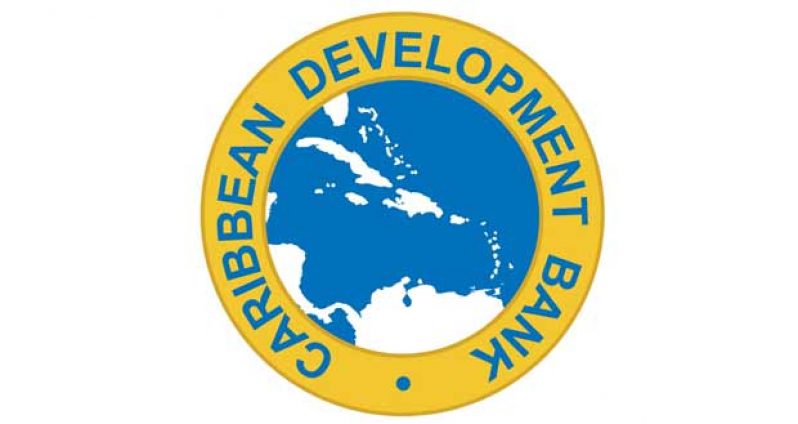THE Caribbean Development Bank (CDB) kicks off consultations with two key groups today at the Princess Hotel, ahead of the opening of its Annual Board of Governors’ meeting here Wednesday.
The three-day stakeholders’ network consultation, beginning today, will be followed by the two-day MSME (Micro, Small and Medium-sized Enterprises) consultations on Thursday, May 29.
The sessions will be hosted by the CDB’s Caribbean Technological Consultancy Services (CTCS), and 16 representatives from key CTCS Cooperating Institutions (CIs) from across the Caribbean will join fifteen counterpart CI representatives from Guyana to exchange ideas geared towards fostering stronger linkages.
The participating countries are Anguilla, Antigua & Barbuda, British Virgin Islands, Dominica, Grenada, Guyana, Montserrat, St. Kitts & Nevis, St. Lucia, Suriname, and Trinidad & Tobago.
CTCS Coordinator Kenneth Harvey, in a statement, said, “The consultations are expected to contribute to enhancing the operations of the CTCS Network, as part of efforts aimed at ensuring that the programme remains relevant to the needs of MSMEs, while taking into account CDB’s Special Development Fund and Gender Equality Policy and Strategy requirements.”
Over the three days of the Stakeholders’ Consultations, participants will engage in discussions and exchange of experiences and ideas in such areas as:
* Integration of gender equality in all CTCS Network activities;
* Establishment of a standardised Monitoring and Evaluation mechanism for effectively benchmarking and monitoring CTCS interventions;
* Increased participation and input by local cooperating institutions (LCIs) in the design, preparation and oversight of proposed national CTCS activities and requests for direct technical assistance by MSMEs;
* Identification and development of a more diverse network of available resource institutions, private enterprises and resource persons in BMCs to support the exchange of technical and business knowhow within each BMC and across BMCs;
* Increased efforts to investigate synergies and possible harmonisation of CTCS network services with those being delivered within BMCs by other international, regional and local entities operating within the respective BMCs;
*Identification of new areas of development within BMCs which will require enhanced and/or new CTCS delivery mechanisms and focus;
* Redevelopment of a fully computerised CTCS Network of resource persons; and
* CTCS’ initiatives in energy efficiency and renewable energy development, among other issues.
Additionally, the MSME consultations will see 30 small and medium-sized enterprises in Guyana learning about the experiences of counterparts from other Caribbean countries, as well as CDB support which could strengthen their businesses.
Harvey said, “This is part of CDB’s strategic objective of supporting inclusive growth and sustainable development, and its corporate priorities of promoting private sector development leading to enhanced viability of small and medium-sized enterprises.”
The CTCS is a network operated in cooperation with regional and national institutions, laboratories, industrial enterprises, and consultants to support the development and expansion of the region’s MSME sector. It contributes to the stimulation of entrepreneurship, while at the same time enhancing the competitiveness of the region’s productive sector through capacity building and skills transfer.
CTCS links people who have business and technical experience with businesses and enterprises that need consulting advice and assistance.
The CDB’s Forty-Fourth Annual Board of Governors’ (BOG) Meeting will be held at the Guyana International Convention Centre, with the opening ceremony scheduled for Wednesday, May 28.
The Caribbean Development Bank is a regional financial institution established in 1970 for the purpose of contributing to the harmonious economic growth and development of the member countries in the Caribbean.
There are nineteen regional borrowing member countries, three regional non-borrowing member countries, and five non-regional, non-borrowing member countries.
(By Vanessa Narine)











